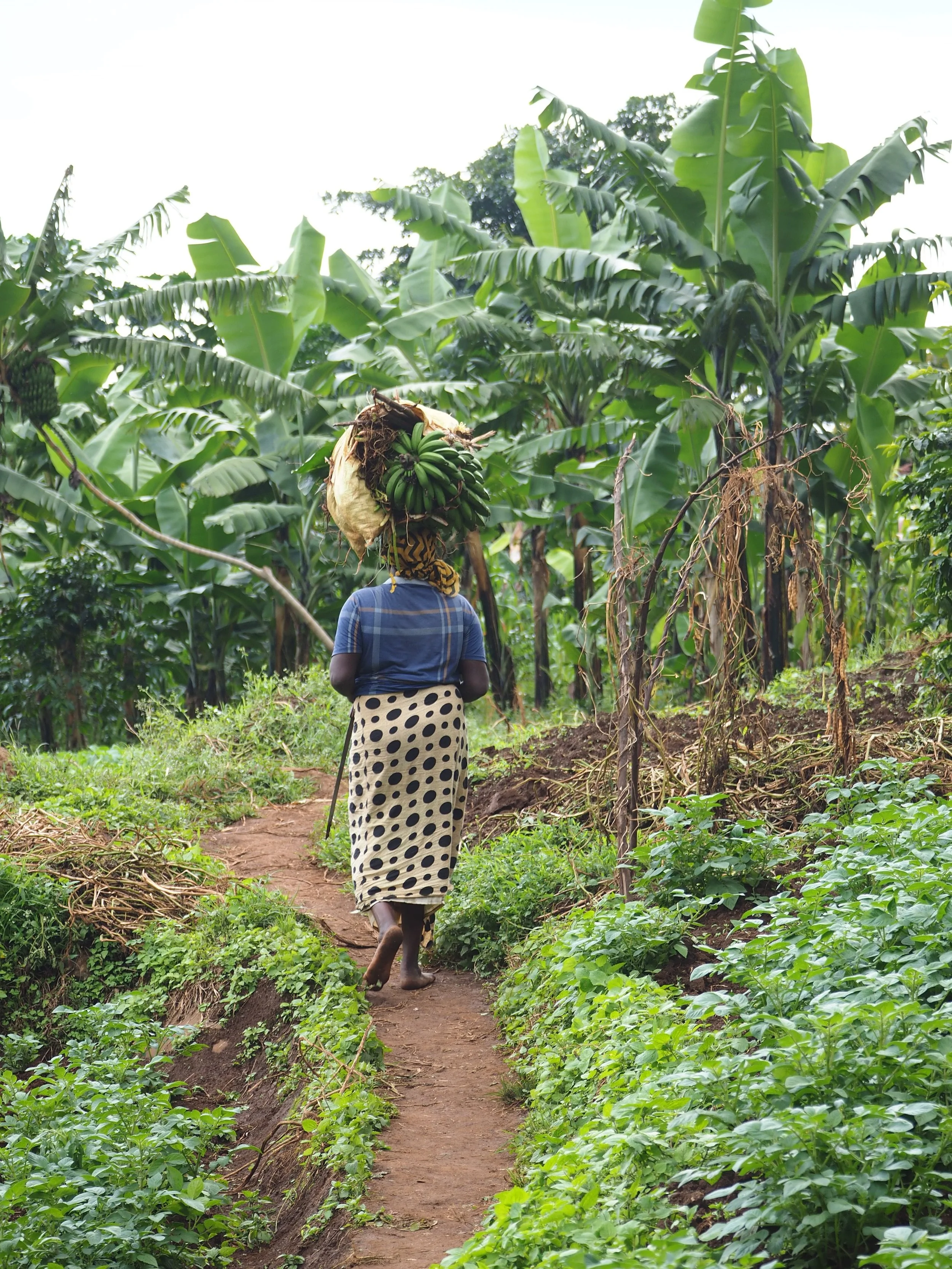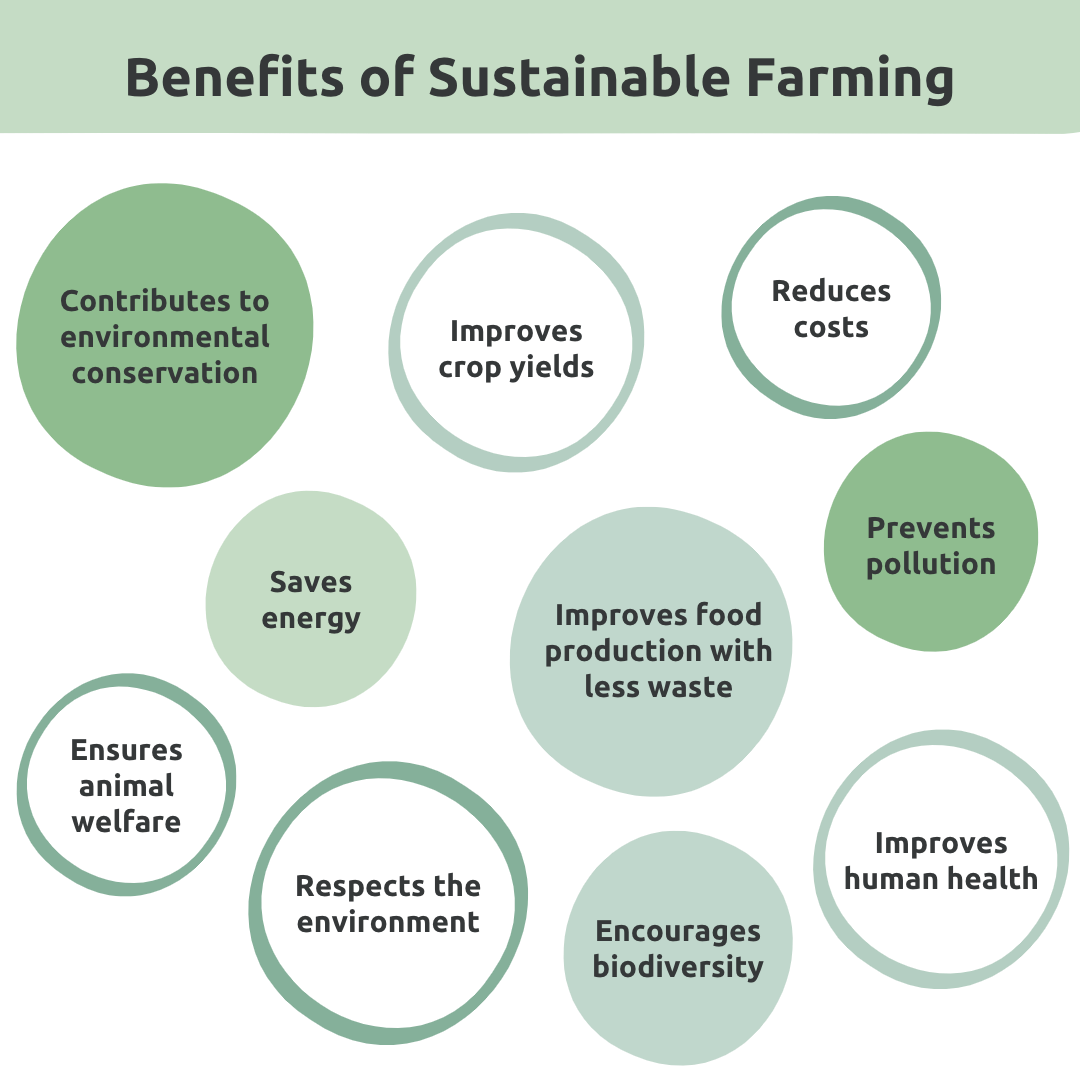Growing a Better World: The Impact of Sustainable Agriculture on Our Future
The answer to the question of whether sustainable agriculture can feed the world and create new opportunities for entrepreneurs is a resounding yes.
As the global population continues to grow and natural resources become increasingly scarce, sustainable agriculture is becoming more and more essential.
Sustainable agriculture is a method of farming that aims to meet the food needs of the present without compromising the ability of future generations to meet their needs.
Photo by Timon Cornelissen
This type of agriculture relies on methods that are ecologically sound, such as integrated pest management, organic farming, conservation, agriculture, and agroforestry. Not only can it help reduce pollution, and the negative effects of monocultures on soil health, but it can also provide food security in developing nations worldwide.
Sustainable agriculture provides numerous advantages over conventional farming practices in terms of feeding the world. These include improved water efficiency, and better soil fertility management that can lead to higher crop yields with fewer inputs.
Additionally, sustainability efforts have increased farmers’ access to financial resources such as organic certification programs and farmer-friendly trade agreements that allow them to sell their goods at premium prices in local or international markets. More emphasis on organic methods eliminates toxic inputs like synthetic pesticides, thereby making our food safer for consumption.
What's more, sustainable agriculture can create new opportunities for entrepreneurs who are looking to make a difference in their local communities.
There are many social challenges today, from food insecurity to water shortages, but entrepreneurs with creative ideas and innovative approaches could make an enormous difference if they pursue sustainable agriculture projects. For example, some might develop mobile apps that can monitor crop yields, or build urban farms where local produce is sold directly to consumers.
When it comes to entrepreneurship opportunities in this field, there are a variety of possibilities for innovators. Some businesses are developing agrotech solutions that improve soil health and water management through remote sensing technology or data-driven analytics. In addition, consumer trends toward organic and ethically-sourced products have created space for small business owners who specialize in local distribution channels or offer consulting services to help farms transition from conventional methods to sustainable ones.
Finally, investment firms have taken notice of this sector's potential. They’re now investing in enterprises focused on alternative sources of income, like eco-tourism and renewable energy projects, that utilize waste streams from farms or communities for biomass production.
Sustainable agriculture holds not only tremendous potential when it comes to feeding the world, but also provides exciting new opportunities for entrepreneurs looking to capitalize on these initiatives. By continuing to invest in agrotech research & development, while expanding consumer access to ethically sourced foods, we can create a more resilient agricultural system that contributes positively to economic growth while preserving our environment and human health.
Utilizing business models and technology that enhance efficiency and increase profits, gives entrepreneurs an opportunity to revolutionize agricultural practices while simultaneously reducing poverty and hunger.
If we take on this challenge with a positive mindset and innovative solutions, we could not only create a healthier planet, but also a brighter future for all people across the globe.




